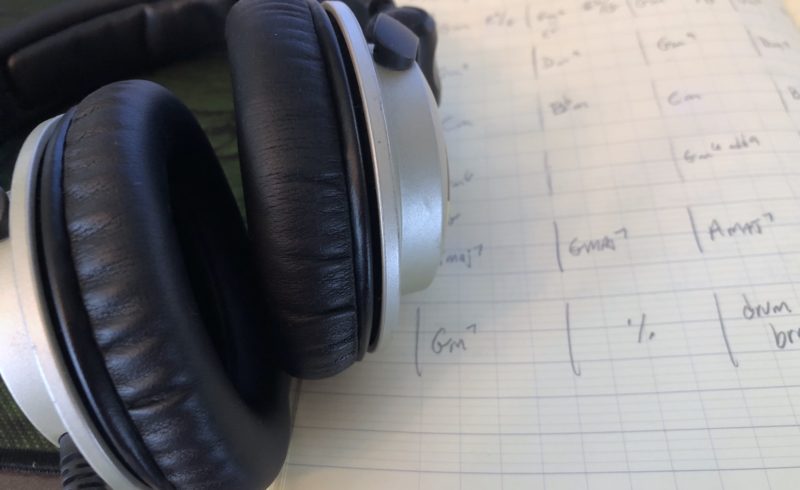
Dua Lipa’s “Levitating” lawsuit was the subject of a podcast I listened to this morning from Slate. High-profile cases like this are fascinating to the public, and I’d suggest they inform and steer the climate of litigation in which creators these days have to create. When I read or hear public discussion around a case like “Levitating,” or “Stairway To Heaven” when that was the big one, I notice things that inform the climate of litigation in which forensic musicologists have to operate as well.
I noticed for example when the host (who did a great job btw) asked something like, “At what point does similarity cross the line between “paying homage” to another song and “stealing” from another song?” In the right context, where a composer knowingly looks to write a song that’s like another one in some way, it’s a great question.
But then I put it in the perspective of most high-profile copyright infringement cases that get the public’s attention, and there this question exemplifies a fallacy that forensic musicologists often contend with. It presumes causality and sets up the wrong dichotomy.” The opposite of stealing isn’t “walking a fine line,” or “paying homage.” It’s “independent creation.”
Maybe it’s a natural consequence. Aren’t we all quick to wonder, “why did this happen?” Causality is comforting somehow. If we know why stuff happens, we gain a little more control, perhaps?
But let’s clarify what we mean around Musicologize when we take a position on a case like “Levitating.”
When I say Dua Lipa’s “Levitating” probably isn’t infringing on Artikal Sound System’s “Live Your Life” I’m not in the least saying, “Sure, they borrowed from it, but they didn’t cross the line.” What I’m saying is “Live Your Life” probably didn’t influence “Levitating” at all. The similarities, which we all hear, do not lead me to assume she or anyone involved with creating “Levitating” had to have heard “Live Your Life” at any point.
And when we pointed to other songs, like “Don’t Speak” or “Just A Song Before I Go,” or whatever others were identified as having the same harmonic elements, we’re not saying any of those influenced “Levitating” either. They’re just evidence of other independently created songs that happen to have observable similarities with each other and with “Levitating.” This is what a forensic musicologist does to shine a light on the lack of originality of the musical elements important to the case. If the expressions exist in prior art, why believe any one song was accessed or inspiring? In the Slate podcast, Outkast’s “Rosa Parks” came up once again as an alternative influence. Adam Neely raised this on his popular YouTube channel (Slate duly gave him the hat tip.) And sure, a melody in Rosa Parks (not remotely its main melody) is pretty much the same as both “Levitating” and “Live Your Life.” But the point shouldn’t be to nominate a more likely source. It perpetuates the false premise that there likely is a source. Was the rest of “Rosa Parks” influenced by “Stop Children What’s That Sound” by Buffalo Springfield? No. I hear a good amount of similarity, but it doesn’t lead me to think there’s causality. One would have to be motivated and biased.
And maybe that doesn’t require so deadly a sin as greed. Maybe the motivation is just there, a natural predilection to want to find the “why?” and not give “there is no why” enough credit? That’s probably just human nature. No judgment. But science doesn’t work well that way. And forensic musicology has a job to do.